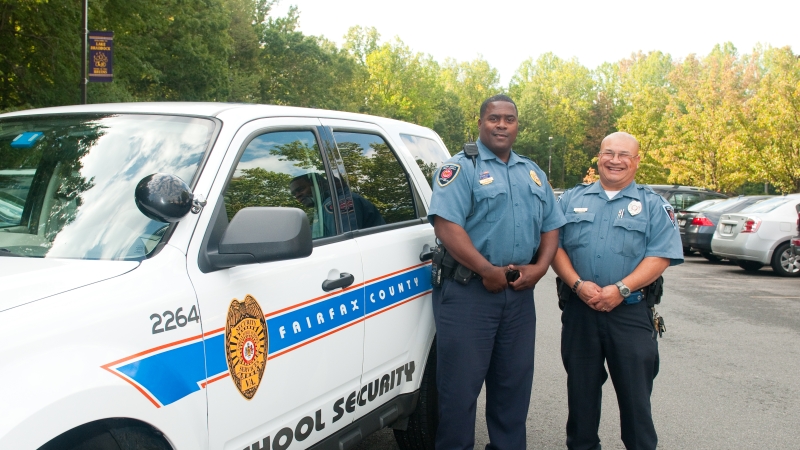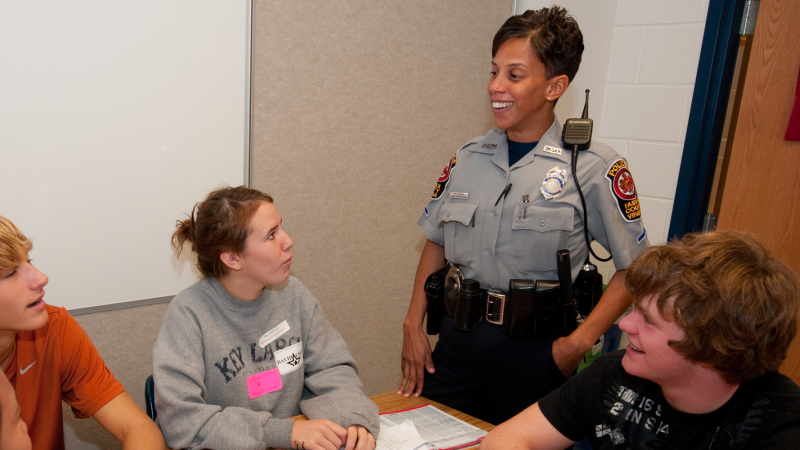
Gang Prevention and Education: What You Can Do
Information for parents, trusted adults, and schools on gang prevention and education.
For Parents and Trusted Adults
- Be actively involved in your children’s school life — attend school functions, keep in contact with teachers, find out about and use school support services (such as guidance counselors, social workers, school resource officers).
- Know where your children are at all times and schedule activities to occupy their free time.
- Do everything possible to involve children in supervised, positive activities, particularly while you are at work — school clubs, extracurricular activities, after-school academic or cultural enrichment programs.
- Make sure you have a plan to communicate and touch base with your child when you are at work and a backup contact if you are unavailable.
- Plan family activities — as simple as a meal together, a walk in the neighborhood, a trip to the community center — and insist that your child participate.
- Praise your children for doing well and encourage them to do their best.
- Teach children to set positive goals, to hold high standards and to prepare for a positive future.
- Get to know your children’s friends and their parents.
- Set limits for your children and enforce them.
- Do not allow your children to dress in gang-style clothing, to practice gang hand signs or write gang graffiti on any surface, including their bodies.
- Explain to your child that a very small percentage of youth join gangs.
- Make sure your children understand that you are against gangs. Communicate openly with them about gangs. Read articles to them and discuss the consequences of being part of a gang.
- Be a positive role model.
For Schools
- Ensure that gang awareness and drug prevention are part of the curricula and present these programs to parents.
- Identify at-risk students and students who are already gang members.
- Work with Student Safety and Wellness Office, Hearings Office, parents, counselors and other school personnel to determine when intervention is necessary.
- Encourage students to participate in sports, drama, music, art and other positive activities that will increase their confidence and sense of belonging.
- Photograph and remove all graffiti from school grounds and property.
- Promote after-school programs that address prevention of violence.





